There are few things in life more annoying than a pesky cough that just won’t go away. A cough could be a simple tickle in the throat, or it can linger after a cold has passed. No matter how long you’ve been dealing with one, the discomfort may have you wondering about and searching online for how to get rid of a cough in five minutes. The sooner, the better, right?
But TBH, a cough is not always bad. Coughing is a reflex that protects our airways and lungs against irritants like dust, germs, and mucus. And occasional coughing is completely normal, according to the American Lung Association.
That said, a cough isn’t necessarily something you should just shrug off. “[A] cough has many causes, ranging from a common viral illness to asthma or seasonal allergies to more significant health problems, such as chronic lung conditions, congestive heart failure, or even cancer,” says Michael Hanak, MD, an assistant professor of family medicine at Rush University Medical Center in Chicago. Now, some people may develop a cough after becoming infected with COVID-19. A COVD cough is dry and persistent, according to Sioux Falls Specialty Hospital. It is typically accompanied by other symptoms such as chest pains, fatigue, headaches, and shortness of breath.
Certain medications could also be to blame, says Dr. Hanak. Environmental triggers like dust, mold, or other pollutants could be a contributing factor as well, either through lung irritation or postnasal drip. Acid reflux is another potential trigger.
Given that a cough can be a sign of a condition or totally harmless, when should you see a doctor? “When a cough is present for more than two weeks, it is reasonable to contact a health care provider for additional testing or recommendations,” notes Dr. Hanak.
In the meantime, if you’ve just started hacking, you can try to soothe your throat with these remedies.
Gargle With Salt Water
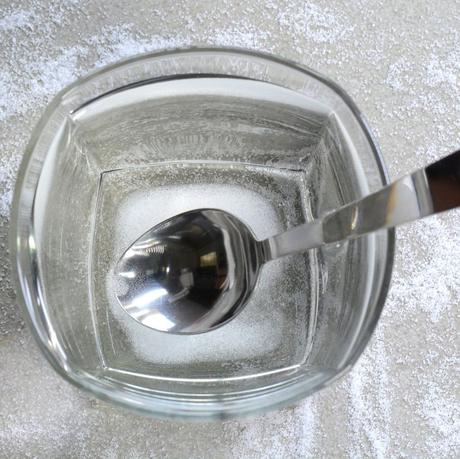
A simple way to ease a cough is with salt water. It may help cut down the duration of a cough, a 2019 study found. While it may sting a little at first, this solution is effective for killing bacteria, loosening up mucus, and diminishing pain, according to Penn Medicine.
To make one at home, mix half a teaspoon of table salt with eight ounces of warm water.
Sip On Ginger Tea
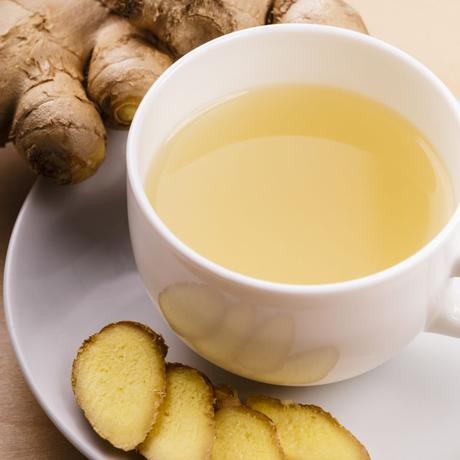
Ginger is well known for its power in calming an upset stomach. Turns out it can also work wonders for a cough.
“Ginger has been found to be helpful in reducing cough and alleviating sore throat, and ginger lozenges are widely used for this purpose,” Dr. Hanak explains.
The root also has anti-inflammatory and antioxidant properties that are beneficial in treating a variety of conditions, he adds. Brew some ginger tea by using a teabag or pouring hot water over some fresh slices.
Take Heartburn Meds
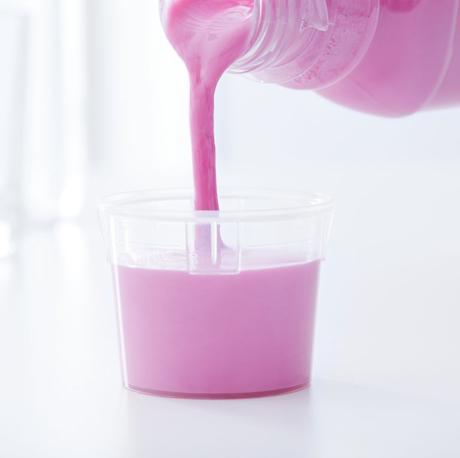
Pepcid, Prilosec, or other antacids can relieve acid reflux and nix any associated coughs, notes Dr. Hanak.
If you find it to be a chronic issue, making certain dietary changes may help, such as avoiding citrus, chocolate, high-fat foods, onions, and tomato-based food products, and incorporating high-fiber foods into your diet, like brown rice, celery, lettuce, melon, oatmeal, and root vegetables (think: potatoes).
You may also want to drink lots of water and keep your portions small at meals if your coughs are due to reflux, says Dr. Hanak.
Add Honey To Your Drinks
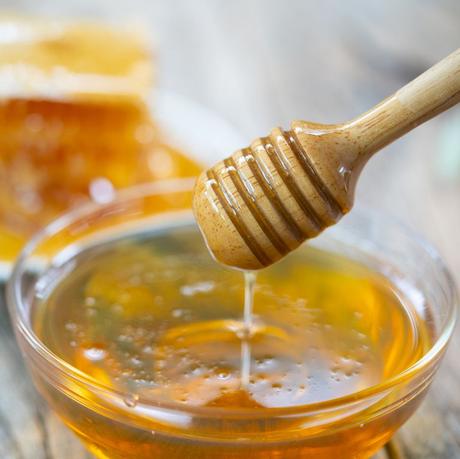
Coughing, but also craving something sweet? You are in luck! “Honey has been found to be helpful in alleviating cough, either on its own or as part of a cup of tea,” says Dr. Hanak. It can also temp down pain and help fight off viral infections, according to Penn Medicine. Just add two tablespoons of honey to a mug of warm water or hot tea to reap these benefits.
Enjoy A Hot Bath Or Shower

Besides helping you de-stress after a long day, soaking in a hot bath can ease common cold symptoms like congestion, coughing, and sinus pressure. (A shower works just as well, FYI.) That’s thanks to the humidity from the steam, which is great for opening your sinuses and thinning out your mucus.
Alternatively, you could try a humidifier, which adds moisture to the air around you and can do the same thing.
Hydrate

Hydration is important on any given day, but it can be especially crucial when you have a cough. “Staying well hydrated can help thin mucus in the back of the throat, which can lead to mild improvement in a cough,” explains Dr. Hanak.
Grab A Lozenge
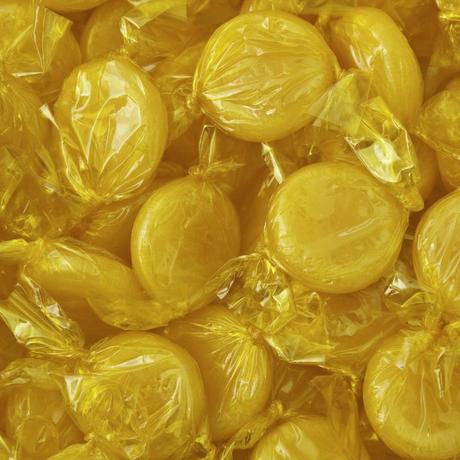
Another quick and easy at-home remedy to stop a cough in its tracks? A lozenge or hard candy. Sucking on one can stimulate saliva production, which increases secretions in the mouth and can in turn dampen any cough.
Try A Nasal Spray

If your cough is a result of allergies, Dr. Hanak recommends trying Flonase or Nasonex paired with a daily allergy pill such as Allegra, Claritin, or Zyrtec.
“Treating allergy symptoms is a common method of resolving postnasal drip and related cough,” he says. “This is especially true when a cough is most apparent laying flat or first thing in the morning. “
He also points out that a cough can be seasonal or year-round, so paying attention to the timing will allow you to predict and prevent it.
Use A Neti Pot
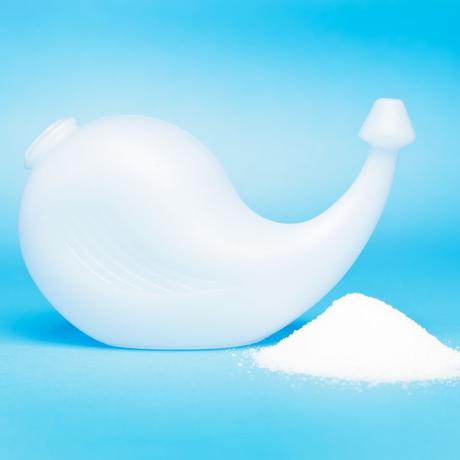
To tame a cough caused by a postnasal drip, Dr. Hanak suggests using a neti pot, which can wash out any debris or mucus from your nasal passages. “Clearing mucus from the nasal passages can be helpful in reducing post nasal drainage, thereby improving cough,” he explains. This irrigation device is provide relief for people with allergies and sinus infections.
Pick Up Cough Medicines

Of course, you’ll also want to give OTC medications a shot, especially if you’ve already tried everything else. Antitussives are cough suppressants and can block the cough reflex, according to the American Academy of Family Physicians. Then there are expectorants, which thin mucus and may help you expel it from your airway through your coughs.
When in doubt, ask your pharmacist or primary care physician, and always remember to check the expiration dates.
Probiotics
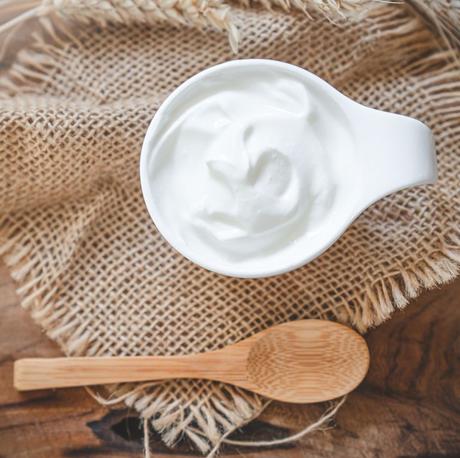
Probiotics can promote good gut health, but Dr. Hanak says they have also been shown to have a marginal impact on staving off the common cold and reducing coughing. Great sources of probiotics include yogurt and fermented foods like miso and kimchi.
Quit Smoking

By minimizing exposure to chemicals and irritants, which are harmful to the lungs, Dr. Hanak says quitting smoking can cut down on inflammation. A cough caused by smoking can be progressive, depending on how much someone smokes and how long they have been smoking, he adds.

